Trump or US national interest; Which are prioritized in policymaking?
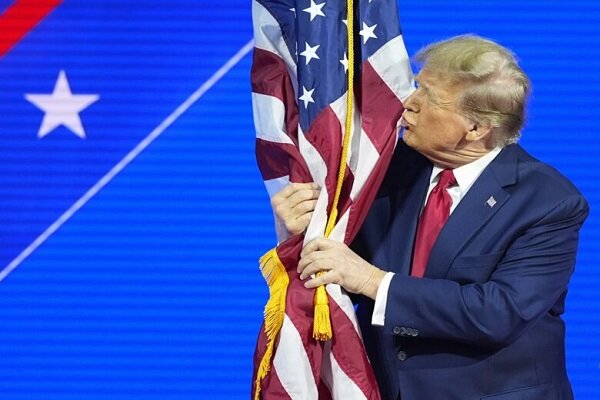
Mehr News Agency , International Group, Hassan Shokouhi Nasab: In the three months of the new US government, Trump’s positions and actions, especially his admirable remarks, are always in the world.
Trump a few days ago on the sidelines of a meeting with President El Salvador once again presented a strange picture of his personal abilities, claiming that the ICIO test was so high that he was surprised by the doctors. “They told me we didn’t see anyone to have so much Iko!”
such remarks, rather than having a serious aspect of political space, reflecting his particular personality traits such as the need for admiration, narcissism and
Trump earlier has repeatedly called himself “the best president of American history”. The claim has been repeatedly repeated in lectures, interviews and even tweets and social networks entitled “ Truth Sushal “. “No one has worked better for the United States than me,” said, for example, at an electoral gathering in the state of Ohio. I am the best president who has seen this country. ”
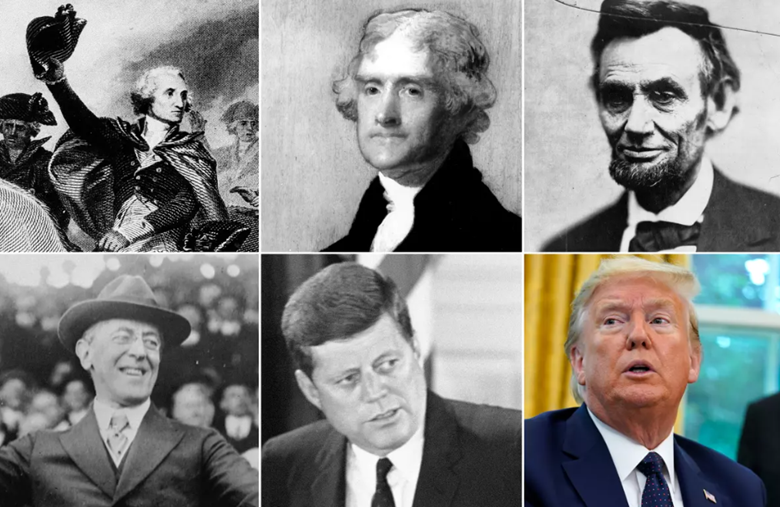
He also in year 2 in Truth Social I am the best US president. Even my enemies cannot deny it. ” Earlier in an interview with Fox News, he compared it with Abraham Lincoln, stressing: “Maybe I have even worked more for people than Lincoln.”
political psychologists see Trump’s character mixed with self-sacrifice, narcissism and constant need. Many analysts believe that his policymaking originates not from national interests, but from his psychological characteristics and individual desires.
in prestigious scientific polls such as SIENA University survey or C-Span rankings, Presidents such as Abraham Lincoln, George Washington, Franklin Roosevelt, Theodore Roosevelt are top of the list, even in the list of top US President. Can’t.
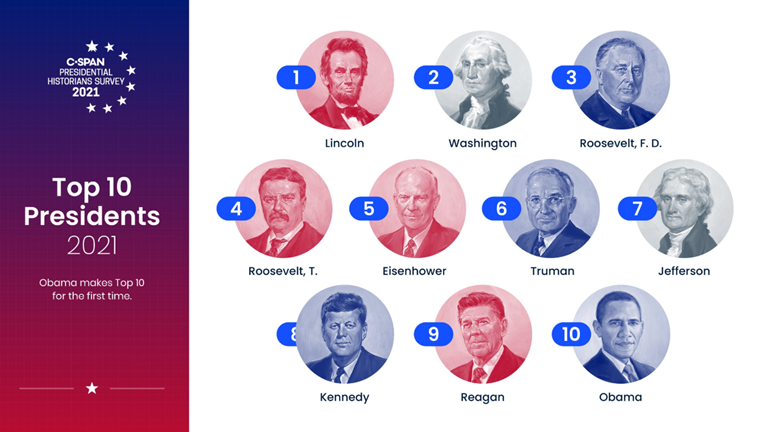
This gap between Trump’s personal image and evaluation of independent institutions is a testament to the bold impact of his personal psychology on his political discourse; The personality and behavioral characteristics that are clearly seen in the international arena.
humiliation Zelnski ; Cost of Trump’s Deep Understanding
Historical meeting of US President Donald Trump March and “ Ji Dee Style = “Text-align: Justify”> Wallodimir Zelnski ‘s President in the White House became a sharp dispute between them against world media and Trump and his deputy humiliated their guests.
In this meeting, the US President shouted in the presidential office over the presidential office over the Zelnski . The US president called “span style =” Text-align: justify “> Zelksky
” disrespect “and then threaten him and said,” If it weren’t for our weapons, this war would have ended very soon. ” Either you have to agree or we will no longer interfere. You don’t have enough force, you can’t tell us if you want a ceasefire. Following the argument that even dressed in Zelksky was ridiculed by reporters, Trump, Ukrainian President and his accompanying delegation, fired from the White House.
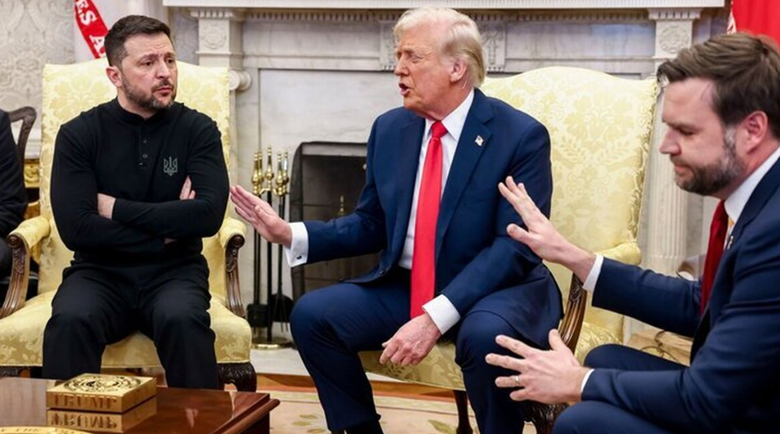
Trump’s collision with Zelnski was an example of foreign policy customization and prioritization of individual feelings over American national interests. The result of this personal tension was a serious blow to international confidence in US foreign policy. Leaders of other countries have found that relations with the United States may be adjusted not on national interests or diplomatic principles, but in accordance with the president’s personal evaluations and feelings.
Trump who tends to recognize him as the only position whose biggest nodes are opened to his hand, disrespect and stress Style = “Text-Align: Justify”> Zelnski was not negligible; As with a demonstration agreement with “Kim Style =” Text-Align: Justify “> Jung , North Korean leader who took place in his first round of government. Trump, as the first US president to stepped into North Korea, attempted to make the move a great achievement in American diplomacy. He has repeatedly emphasized that with the power of his own personality and style, he has been able to bring the leader of the world’s isolated country at the negotiating table.
, however, these meetings became a scene for Trump’s advertisement in the global arena rather than ending in a real and enduring agreement. Double photos, symbolic strolls and diplomatic smiles replaced accurate conversations and binding agreements. While the talks were expected to lead to North Korea’s nuclear disarmament, not only did Pyongyang appear in the course of the development of a more constant nuclear program.
pride behind the tariff war and the dream of empire
Trump’s tariff warfare, which began with heavy consequences on imports from different countries, was more than a response to American economic challenges, a reflection of his narcissism and his personal desire to display international power.
US President repeatedly used these measures as a promotional winning leaf without presenting a specific economic plan and attempted to portray itself in the minds of American public opinion as a decisive and unsuccessful leader. But what happened in practice was the increase in costs for American consumers, tensions with business partners and instability in the world markets.
Trump’s allegations of “begging” countries to negotiate tariffs, rather than diplomatic realities, indicated his extreme desire to see and instill a sense of superiority. He has repeatedly claimed in a ridiculous manner that countries such as China, Canada and European countries “do not know the head” to reach trade agreements, while many of these countries took counterattack measures in response to his actions and limited trade relations with the United States.
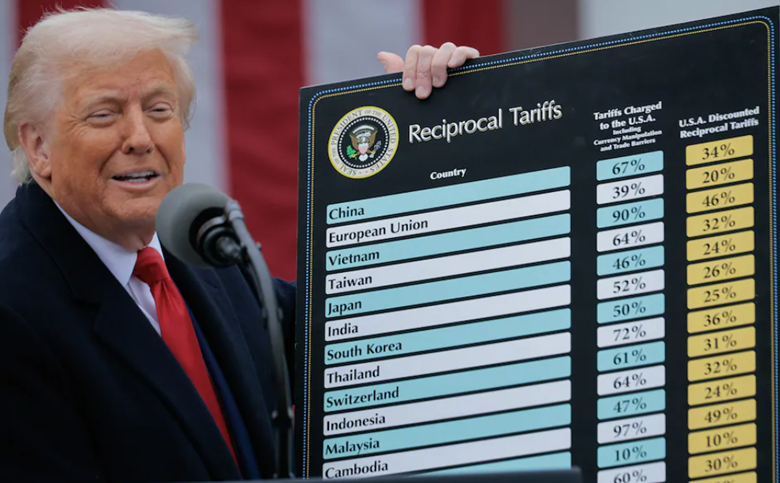
, in fact, Trump’s tariff policy not only failed to ensure long-term US economic interests, but also led to its relative distrust and isolation in the world trade system. The United States had to exempt more than 5 countries for 7 days after China’s reciprocal action and tariffs of more than 100 percent, in other words, temporarily retreat from the tariff war against the world.
In addition to the tariff discussion, Trump’s claims about the annexation of Canada, Mexico, Greenland and Panama to American territory along with the use of exaggerated language to describe fantasy successes, are more rooted in personal discourse.
reviewing various evidence from Donald Trump’s presidency, both in domestic and foreign policy, suggests that many of his decisions and behaviors are more likely to be based on the strategic interests of the United States. Narcissism, the overwhelming desire for public admiration, the tendency to exaggerate and the interest in creating the dramatic achievements are evident in his place of performance.
from the claim to its intelligence coefficient from all former presidents to describing themselves as “the greatest president of American history”, all of them have a personality who understands politics as a tool for governance.
such an attitude, both in the first government and in the first three months of the second government, has been reflected in Trump’s international interactions; Where he has made diplomacy an arena for globalism and, in the face of major global challenges, it has been sufficient to media gestures and superficial agreements rather than providing solutions to US national interests. As a result, personal decisions have replaced expert analysis, and this individual -based approach to politics has made US allies doubt about its stability and predictability.
Finally, it should be noted that actors who face Trump America and are seeking to communicate with the country should consider Trump’s personal and personality traits rather than analyzing US national interest.


